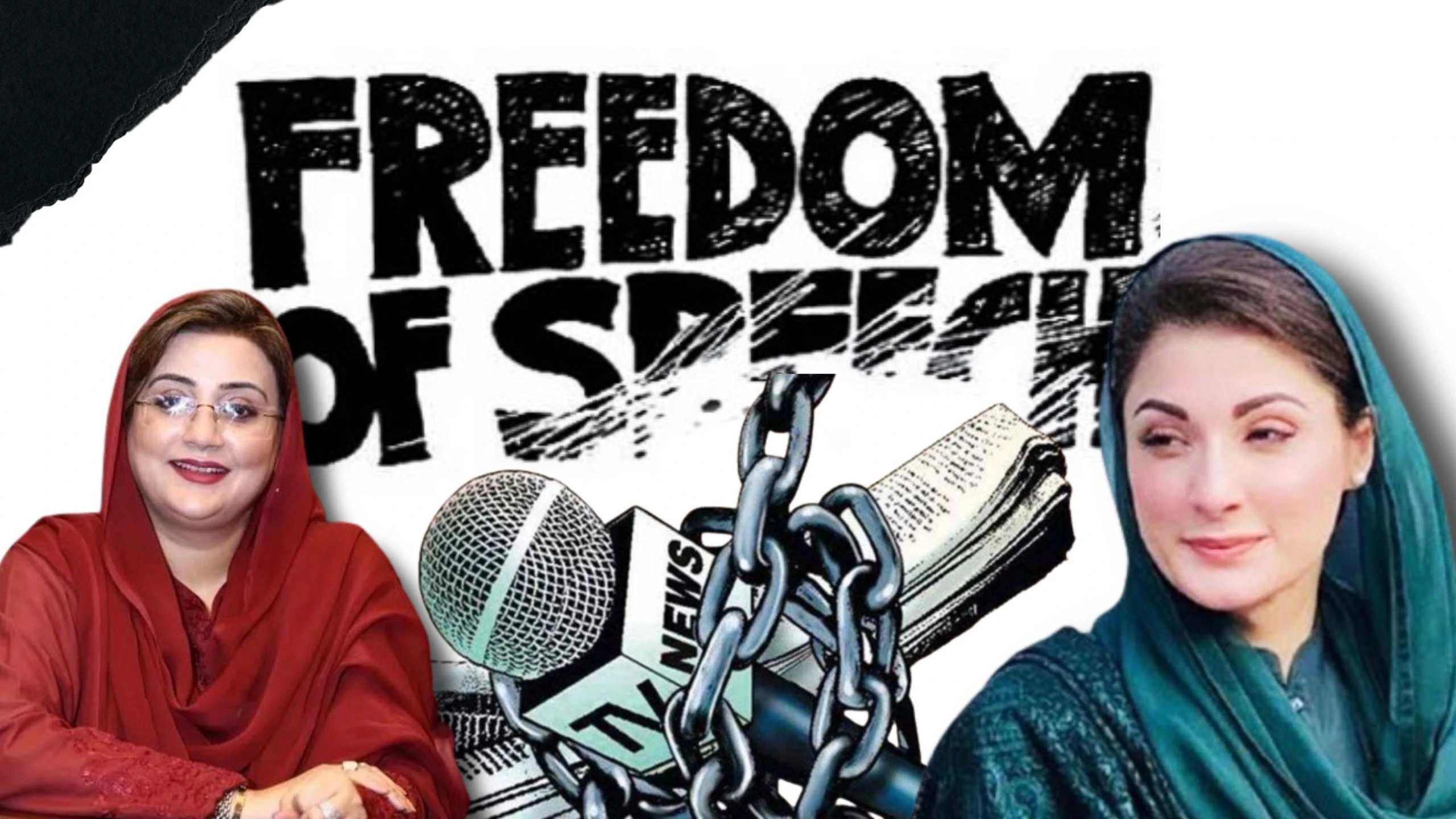Punjab Assembly passes Defamation Bill 2024 amidst opposition, journalists protest

Stay tuned with 24 News HD Android App

The Punjab Assembly Monday passed the Defamation Bill 2024 while rejecting all the amendments proposed by the opposition and ignoring the protests of the journalist community, reported 24NewsHD TV channel.
Punjab’s Minister of Parliamentary Affairs Mujtaba Shuja-ur-Rehman presented the Defamation Punjab 2024 bill in the Punjab Assembly.
Advocate General Punjab Khalid Ishaq answered the main points of the bill and the opposition's objections. The assembly rejected the all amendments proposed by the opposition.
The opposition termed the bill as a black law and tore the copies of the bill in protest.
Journalists also staged a walkout from the press gallery and held a protest on the steps of the assembly against the passing of the bill. They also announced to hold nationwide protests against the bill that they deemed an attempt to undermine the right to freedom of speech.
The proposed legislation aims to curb the spread of fake news across print, electronic, and social media platforms.
The bill addresses the issue of misinformation on platforms such as YouTube, TikTok, Twitter, Facebook, and Instagram. It targets not only news that invades private life but also content that disrupts public space.
According to the bill, special tribunals will be established to expedite the handling of defamation cases, with a mandate to resolve them within six months.
Key provisions of the bill include a compensation clause of Rs 3 million for affected individuals. Additionally, the government will provide access to a legal team to support those pursuing defamation claims.
Despite requests from journalistic bodies to delay the bill, the government has decided to move forward, emphasizing the urgency of addressing fake news.
Despite the government’s efforts to tackle fake news, the bill has faced considerable opposition. Journalistic organizations, who met with the provincial minister of information, urged the government to postpone the bill, citing concerns over press freedom and the need for further deliberation. However, their proposal was rejected.
The opposition in the Punjab Assembly also expressed strong disapproval of the bill. They have submitted over ten amendments, arguing that the bill, in its current form, poses significant risks to free speech and could be used to stifle dissent.
Mujtaba Shuja-ur-Rehman defended the bill, emphasizing the need for stringent measures to combat the spread of false information, which he described as a threat to social stability and individual reputations.
“The bill is essential to uphold the integrity of information and protect citizens from the damages caused by fake news,” he stated.
Earlier, the Punjab Assembly session, which began with a delay of 2 hours and 24 minutes, was marked by significant opposition protests against the newly proposed defamation bill.
The session commenced under the chairmanship of Speaker Punjab Assembly Malik Muhammad Ahmed Khan.
The opposition, led by opposition leader Malik Ahmad Khan Bhachar, strongly opposed the defamation bill, causing a commotion in the House. Members of the opposition raised slogans such as “Black law disapproved” and “Black deed disapproved,” signalling their discontent with the legislation.
In a coordinated demonstration, opposition members also displayed placards denouncing the bill. The atmosphere was charged with tension as the opposition vocally rejected the defamation bill, asserting that it infringes on freedom of speech and journalistic integrity.
